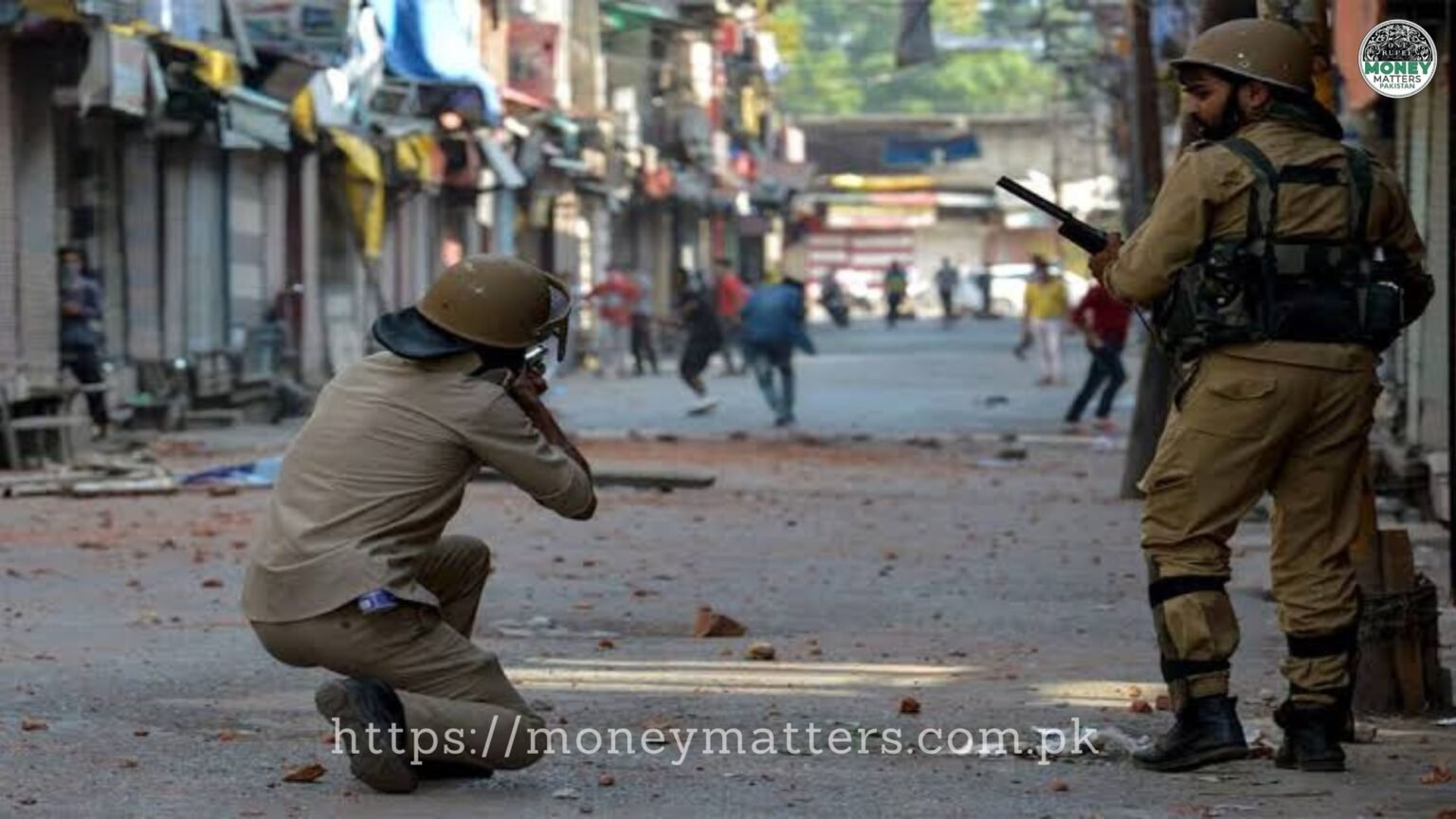Tensions rise as Washington calls for dialogue in Kashmir, while New Delhi maintains a hardline stance-raising concerns for regional stability.
Key Takeaways:
1. The US and India are at odds over how to resolve the Kashmir conflict, with Washington advocating for talks and New Delhi prioritizing security operations.
2. Pakistan sees the US position as supportive of its calls for international mediation and a peaceful settlement in Kashmir.
3. Analysts warn that the divergence between the two powers could hinder efforts to stabilize the region.
Money Matters Monitoring –
India and the United States are taking sharply different positions on the ongoing conflict in Indian-administered Kashmir, with Washington urging for renewed dialogue and a ceasefire, while New Delhi insists on a security-first approach, according to analysts cited by AFP.
The divergence has become more apparent in recent weeks, as violence in the disputed region has escalated. The US has called on India to “restore calm and engage in meaningful talks,” emphasizing the need for a peaceful resolution that respects the rights of Kashmiris. In contrast, Indian officials have doubled down on their military operations, arguing that security must be established before any political process can resume.
For Pakistan, which has long championed the Kashmiri cause and called for international mediation, the US position offers a glimmer of hope. Islamabad has repeatedly urged the global community, including Washington, to pressure India into halting its security crackdown and to allow for a negotiated settlement that includes the voices of Kashmiris.
Analysts warn that the lack of consensus between India and the US could complicate efforts to de-escalate tensions in South Asia. “While the US push for dialogue aligns with Pakistan’s longstanding demands, India’s reluctance to compromise on its security agenda could prolong instability in the region,” noted a regional affairs expert.
The issue remains deeply sensitive in Pakistan, where public sentiment strongly favors Kashmiri self-determination and where policymakers view any shift in US policy as potentially significant for the broader peace process.
As the situation develops, Pakistan will be watching closely to see whether Washington’s calls for restraint translate into concrete diplomatic action, or if New Delhi’s hardline approach prevails-potentially impacting peace and security for millions in the region.




